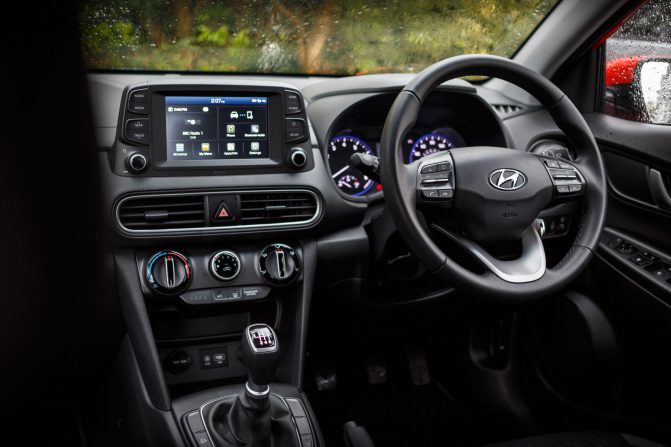Owning a car comes with responsibility—not only to yourself but to others on the road. There are certain vehicle issues that, if left unaddressed, can lead to serious injury or even death. Ignoring these problems can compromise the safety of your vehicle and make you a danger to yourself, passengers, and fellow drivers. Here are 10 of the most critical car dangers that should never be ignored.
1. Faulty Brakes
Your car’s brakes are its primary safety feature, but they wear down with use. If you hear squeaking, grinding, or experience a “spongy” brake feel, it’s time to check your brake pads and fluid levels. Worn or damaged brakes reduce stopping power and increase stopping distance, especially in emergencies. Ignoring brake issues could lead to catastrophic failures in situations where quick stopping is essential.
2. Worn Tires
Tires connect your car to the road, and they’re responsible for traction and stability. Low tread or improperly inflated tires reduce grip, especially on wet or icy surfaces, making it easier to lose control. Tires should be rotated and checked regularly for wear and tear. Uneven tread may also signal alignment or suspension issues, which can compromise handling and increase accident risk.
3. Malfunctioning Airbags
The airbag system in a car plays a life-saving role during collisions. If your airbag warning light is on, there’s an issue with the system that could prevent the airbags from deploying. An improperly working airbag system can increase the risk of injury or death in the event of an accident, so addressing airbag warning lights promptly is essential.
4. Steering or Suspension Issues
Steering and suspension are crucial for control and stability. If you experience stiffness, difficulty turning, or if your vehicle pulls to one side, these could be signs of steering or suspension issues. This is particularly dangerous at higher speeds, on highways, or during sudden maneuvers. Losing control of your vehicle due to these issues can result in serious accidents.
5. Electrical Problems
Electrical issues often seem minor, but they can be indicative of more serious problems. Faulty wiring can lead to safety system malfunctions, including ABS or airbags. A failing battery or dashboard warning lights can signal electrical failures that impact the car’s reliability. In extreme cases, faulty wiring can even cause vehicle fires, posing a serious risk to you and others.
6. Obstructed View (Windshield, Mirrors, Lights)
Visibility is essential for safe driving. Cracks in the windshield, broken mirrors, or foggy headlights impair your ability to see the road, obstacles, and other vehicles. This is especially dangerous at night or in adverse weather conditions. Clear vision is essential for spotting potential hazards, so replacing cracked windshields and maintaining mirrors and lights is critical.
7. Engine or Transmission Problems
Engine and transmission issues are serious because they can lead to loss of power while driving. If your car stalls, surges, or experiences sudden power losses, it could indicate serious engine or transmission malfunctions. Losing power on highways, in particular, can create life-threatening situations for you and other drivers.
8. Leaking Fluids
Fluids like oil, brake fluid, and transmission fluid are essential to the smooth operation of a vehicle. Leaks in these systems reduce their effectiveness and can lead to overheating, brake failure, or engine damage. If you notice any leaks, especially under the engine or near the wheels, have them inspected immediately. Even small leaks can become serious safety issues.
9. Defective Seatbelts
Seatbelts are the first line of defense in a collision. They keep you securely in place and reduce the risk of serious injury. If a seatbelt is worn, frayed, or won’t latch properly, it won’t provide full protection in the event of an accident. Replacing worn seatbelts ensures they’re ready to protect you in an emergency.
10. Exhaust System Issues
The exhaust system expels gases produced by the engine. If there’s a leak, carbon monoxide—a colorless, odorless gas—can seep into the car cabin, potentially leading to carbon monoxide poisoning, which can be fatal. Strange noises or smells coming from the exhaust should be checked immediately by a professional to prevent deadly exposure.
Staying Ahead of Maintenance
Each of these issues may start small, but they can lead to dangerous situations if left unattended. Preventative maintenance, professional inspections, and paying attention to warning signs are all critical for staying safe on the road. Taking these potential dangers seriously can save lives, including your own.


